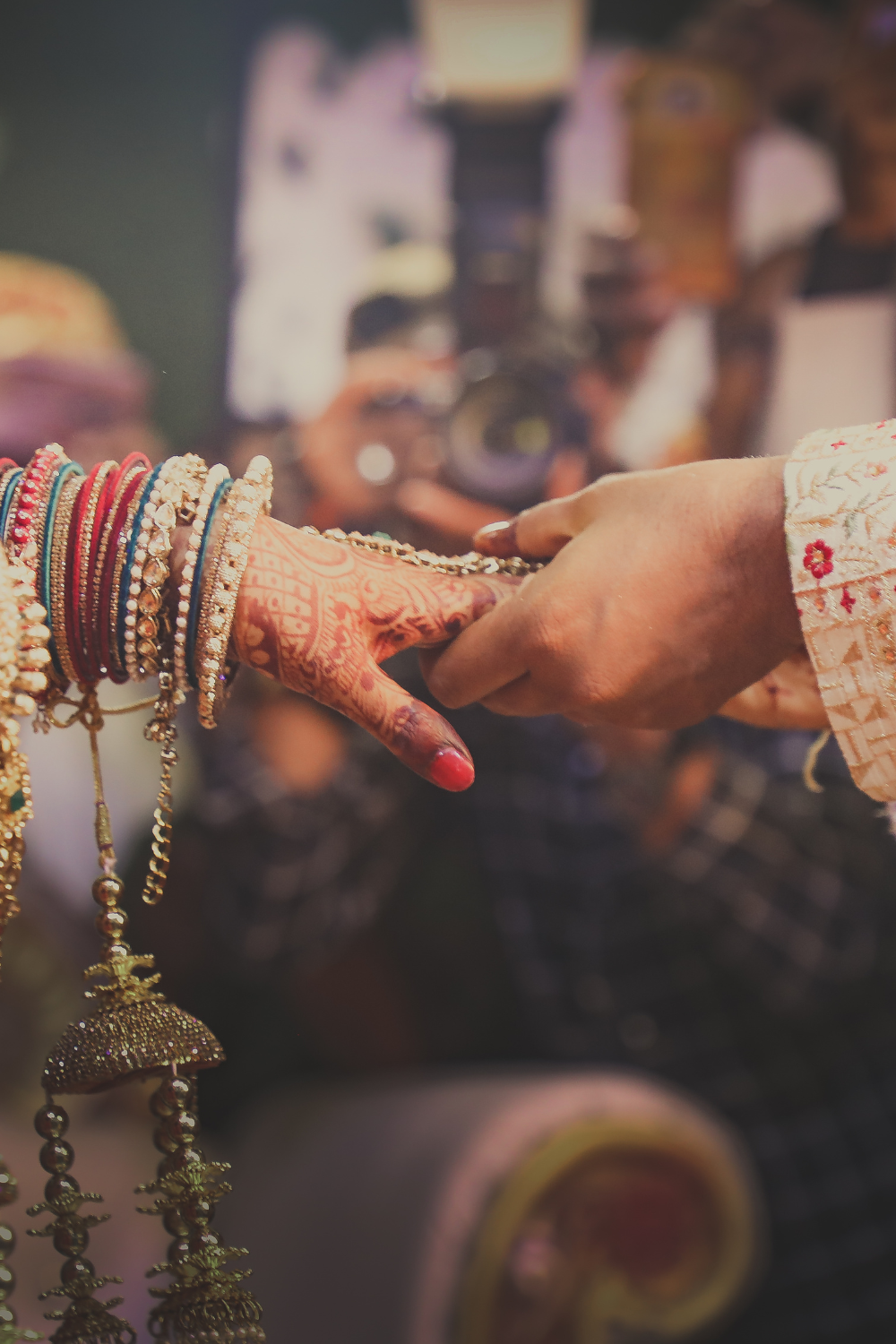NRIEvents
C – Indian Weddings and Traditions
Indian Weddings and Traditions are vibrant, intricately planned, culture-rich festivities full of celebration and tradition. From traditional food to attires to rituals, you get to savor everything in the Indian wedding extravaganza.
The plethora of rituals make Indian weddings quite special. Right from applying turmeric on the faces of the bride and bridegroom to the hiding of shoes of the groom by the bride’s sister/s, there are an endless number of interesting and unique rituals and traditions in an Indian wedding that you are likely to enjoy wholeheartedly.



